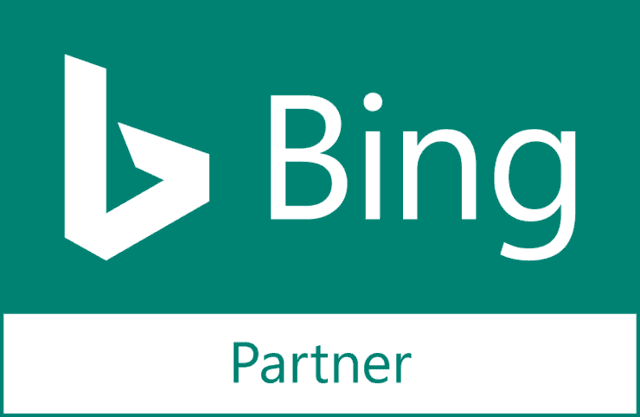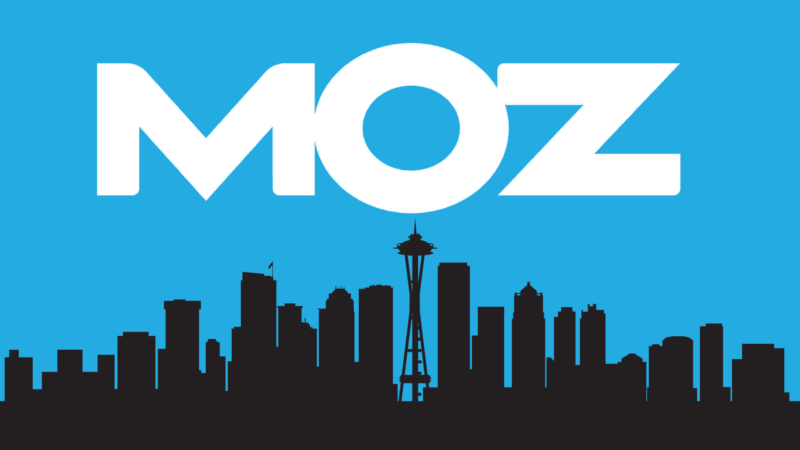When it comes to building a successful website that attracts interested prospects and users seeking information about your products or services, Search Engine Optimization (SEO) is key. SEO is the process of optimizing a website to show up on the search engine’s first page of results. Ideally, when a user types a query into Google or Bing that relates back to the content on your website, you want to be one of the first options to show up on the Search Engine Results page (SERP).
Mistake 1: Neglecting Keyword Research
One of the biggest mistakes that people make when it comes to SEO is neglecting keyword research. Keywords are the queries that users are searching for on the search engines, so if you want to appear on the first page of results, it’s important to focus on keyword research. If you don’t use keyword research to build your SEO strategy, it’s like a shot in the dark. You need to know what users are searching for, in order to build up your SEO and gain additional traffic to your website from organic search.
In order to have a successful SEO strategy, it begins with conducting comprehensive keyword research. This keyword research includes:
- Seeing what keywords your website is already ranking for and building upon them.
- Searching for what your competitors are ranking for and competing on the SERPs with them.
- Finding keywords that you want to rank for, but aren’t and optimizing your site for those keywords.

Boost Your Brand's Visibility with WrightIMC's SEO Expertise
Ready to amplify your online presence? Embark on your SEO journey with us today!
It’s important to use keyword tools like Google Keyword Planner, SEMrush and Ahrefs to gather and organize this keyword research to prioritize the queries accordingly. We like to start by optimizing any keywords that your competitors are ranking higher for than you are, and optimizing what is already on the site (images, titles, title tags, etc.) for those keywords. We suggest prioritizing long-tail keywords, as those users are searching with greater intent. When organizing and prioritizing keywords, it’s important to keep your big-picture goals in mind.
Mistake 2: Ignoring On-Page Optimization
Ignoring on-page optimization is another common mistake that people make when building their website. It’s important to optimize your on-page SEO because, without on-page SEO, it’s very hard to get ranked on the search engines. Without the proper site structure and keywords placed thoroughly throughout your content, search engines have a hard time valuing your content.
You can use the following guidelines to be sure your on-page optimization is done properly:
- Be sure that you optimize your title tags and meta-descriptions. Google takes title tags and meta descriptions into account when ranking your content on their search engine results pages so it’s important to incorporate keywords from your keyword research into the content in these places.
- Use proper header tags. Incorporating keywords into these title tags is also key to improving your search ranking.
- Include relevant keywords naturally into your content. It’s important to add keywords naturally because Google does not rank your content high if it notices you are keyword stuffing and adding keywords in places that they wouldn’t naturally be mentioned.
- Ensure mobile responsiveness and fast loading speed. This will allow Google to crawl your site faster, which is beneficial to your overall SEO.
Mistake 3: Overlooking Technical SEO
Neglecting Technical SEO can lead to significant consequences for your website’s crawl ability and indexing, impacting its overall search engine performance. Technical SEO involves the backend elements that help search engines understand and navigate your site. Failing to address these issues can result in poor user experiences and reduced visibility on search engine results pages.
To rectify this mistake and ensure a well-optimized website, consider the following solutions.
- Create and submit an optimized XML sitemap helps improve your SEO. A structured XML sitemap helps search engines comprehend the structure of your website, enabling better indexing of your pages.
- Make sure you review Google Search Console for crawl errors. Regularly monitor your website for crawl errors using tools like Google Search Console. Addressing these issues promptly ensures that search engines can access and index your content effectively.
- Implement a schema markup to help you rank on search engines in the rich snippets. Schema markup enhances the way search engines display your content on results pages. By adding schema markup, you can improve the visibility and click-through rates of your pages.
- Optimize your URL structure and use canonical tags. Clean and relevant URL structures contribute to both user experience and search engine understanding. Canonical tags help avoid duplicate content issues, ensuring that the right page is prioritized for indexing.
By adhering to these Technical SEO best practices, you’ll pave the way for improved crawlability, better indexing, and enhanced user experiences on your website. Remember that addressing Technical SEO is an ongoing process, vital for maintaining a competitive edge in search engine rankings.
Mistake 4: Neglecting Quality Content
When the importance of quality content is underestimated, it can have detrimental effects on user engagement and bounce rates. Failing to provide valuable, relevant content can lead to users quickly leaving your site, resulting in decreased search engine rankings and diminished online credibility.
To address this issue and cultivate an effective content strategy, consider the following solutions:
- Produce high-quality, original content as an important part of your SEO strategy. Craft content that is well-researched, insightful, and original. High-quality content not only attracts users but also earns backlinks and social shares, boosting your site’s authority.
- It is key to address user questions and provide valuable insights with your content. Understand your target audience’s needs and address their questions through your content. Offering valuable insights positions you as an industry expert and encourages longer user engagement.
- Use multimedia (images, videos, etc.) to enhance your content and excite your readers. Visual elements like images and videos enhance the readability and engagement of your content. They break up the text, making it more appealing and easier to digest.
- Maintain a consistent content publishing schedule and establish yourself as a reliable source for information about your niche. Regularly updating your website with fresh, informative content keeps users coming back and demonstrates your commitment to providing value. It also signals to search engines that your site is active and relevant.
By focusing on quality content creation and engagement, you’ll not only retain visitors but also improve your site’s overall performance in search engine rankings and user satisfaction.
Mistake 5: Disregarding Backlinks and Off-Page SEO
Overlooking the significance of backlinks and off-page SEO can have far-reaching consequences. This oversight directly impacts your website’s domain authority and credibility, as search engines consider external links as indicators of your site’s value and relevance.
To rectify this error and bolster your off-page SEO, implement the following solutions:
- Build high-quality, relevant backlinks, and take the initiative to seek out reputable websites within your industry that offer link-building opportunities. The acquisition of high-quality backlinks from authoritative sources is instrumental in enhancing your site’s reputation and organic search rankings.
- When it comes to guest posting on reputable websites, consider contributing insightful guest posts to well-established platforms within your niche. This strategic approach not only secures valuable backlinks but also establishes you as an authoritative figure in your field of expertise.
- Engage in social media and influencer collaborations to leverage various social platforms for content dissemination and audience interaction. By collaborating with influencers, you can tap into their follower base, extending your reach and drawing in high-quality traffic to your website.
- It’s essential to actively monitor your backlink profile to identify any potentially harmful links. Regular scrutiny ensures the detection of spammy or low-quality links that could negatively impact your SEO efforts. If such links are found, Google’s Disavow Tool comes in handy for dissociating your site from these detrimental links and safeguarding your overall SEO strategy.
By recognizing the importance of backlinks and actively participating in off-page SEO strategies, you’ll bolster your domain authority, establish credibility, and ultimately enhance your website’s visibility in search engine rankings.
How Can WrightIMC Help You?
Your online presence is pivotal to the success of your business. Fixing each of these 5 SEO blunders will go a long way to helping your business rank better today, but it’s not a complete digital marketing strategy. For that, you need a digital marketing expert.
At WrightIMC, we have over 15 years of experience boosting brands and driving traffic. We’ll partner with you, hand-in-hand, to bring your business to heights it’s never seen.
Contact us today to start your journey. Your business deserves the best!





